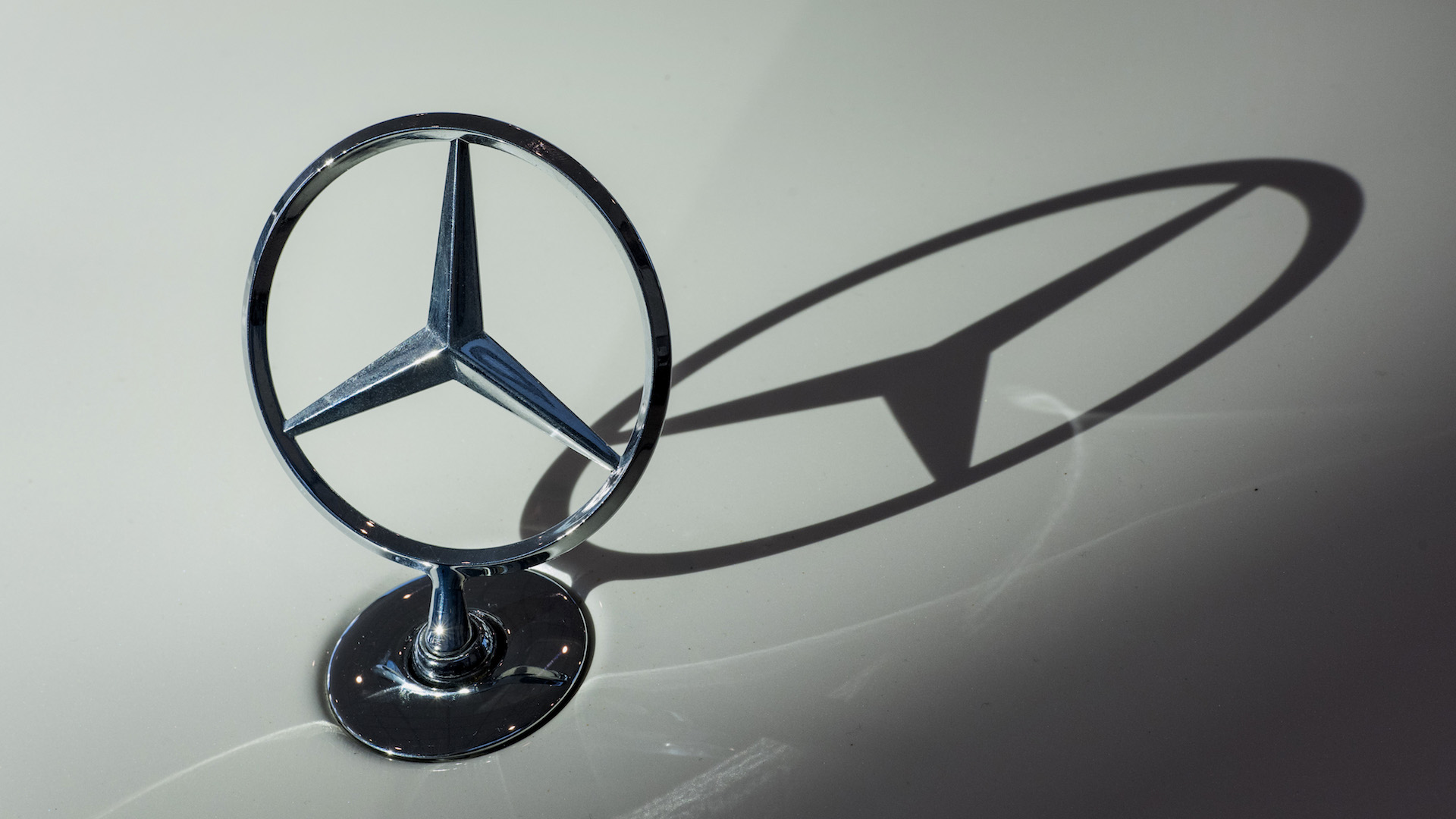

Daimler’s offices across Germany were raided by authorities today. The focus of the raids was Daimler’s potential manipulation of the emissions from its diesel engines. It was announced earlier this year that the company was under investigation.
The Stuttgart State Prosecutor conducted the raids of 11 Daimler offices in the German states of Baden-Wurttemberg, Berlin, Lower Saxony, and Saxony. 23 prosecutors aided by 230 police and staff members conduced the searches. Along with collecting paper documents and electronic data, the investigations is focused on both “well-known and unknown employees of the Daimler AG,” according to officials.
“The company is fully cooperating with the authorities” said Daimler in a statement regarding the raids. In the statement, Daimler also says that the raids were expected, referencing their 2017 Interim Q1 Report. Page 13 of that Q1 report, in a section entitled “Risk and opportunity report,” contains the following statement:
Irrespective of such cooperation by Daimler with the authorities, it is possible that further civil and criminal investigative and enforcement actions and measures relating to Daimler and/or its employees will be taken, such as subpoenas, i.e. legal instructions issued under penalty of law in the process of taking evidence, or other requests for documentation, testimony or other information, search warrants, a notice of violation or an increased formalization of the governmental proceedings.
https://www.daimler.com/documents/investors/reports/interim-reports/q1/daimler-ir-interimreport-q1-2017.pdf
Since the Volkswagen Dieselgate scandal, other automakers’ diesel programs have come under greater scrutiny. Along with the Stuttgart Prosecutor, the United States Department of Justice, the Environmental Protection Agency, the California Air Resources Board, and the Securities and Exchange Commission have been looking into Daimler’s BlueTec clean diesel system and how it was marketed.
There have already been lawsuits filed by consumers claiming that the emissions from BlueTec equipped vehicles are greater than advertised, as well as being greater than allowed by environmental regulations. The complaint is that under certain conditions, the BlueTec system that helps to scrub the nitrogen oxides (NOx) from the exhaust disables itself—specifically, in temperatures under 50 degrees.
This is a very different complaint than the issues the Volkswagen clean diesel system had.
Simply put, Volkswagen’s clean diesel system decreased fuel economy to scrub NOx from the exhaust. The issue was that code written into the system that knew when the vehicle was undergoing emissions testing, at which point the vehicle would comply with emission regulations while burning more diesel. While being driven in the real world, the emissions system would operate at a less-than-optimal level, but delivered the advertised fuel economy.
The Daimler BlueTec system employs a urea additive mixed with exhaust gas to reduce the NOx emissions. This system does not affect fuel economy of the vehicle. In temperatures under 50 degrees, the system shuts off, since running in lower temperatures could damage the engine. Daimler says that this cold weather shut-off complies with all regulations.
The Drive has a nice explanation of the Daimler BlueTec system that you can watch here.
The marketing-fraud aspect of these investigations stem from consumers who feel they should have been told that the engines do not run as cleanly in the cold as they do in warmer temperatures. A report from Der Spiegel also claims that the cold weather NOx emissions are far greater than would have been expected in such conditions.
In the same Q1 report mentioned previously, Daimler shows some concern that regulators may come to see the operation of their clean diesel system as an emissions defeat device—exactly what Volkswagen had programmed into their vehicles.
In light of the notices of violation that were issued by US environmental authorities to another vehicle manufacturer in January of 2017, identifying functionalities, apparently including functionalities that are common in diesel vehicles, as undisclosed Auxiliary Emission Control Devices (AECDs) and potentially impermissible, and in light of the ongoing governmental information requests, inquiries and investigations, and our own internal investigation, it cannot be ruled out that the authorities might reach the conclusion that Mercedes-Benz diesel vehicles have similar functionalities.
https://www.daimler.com/documents/investors/reports/interim-reports/q1/daimler-ir-interimreport-q1-2017.pdf
We will continue to follow this story as any new developments arise.